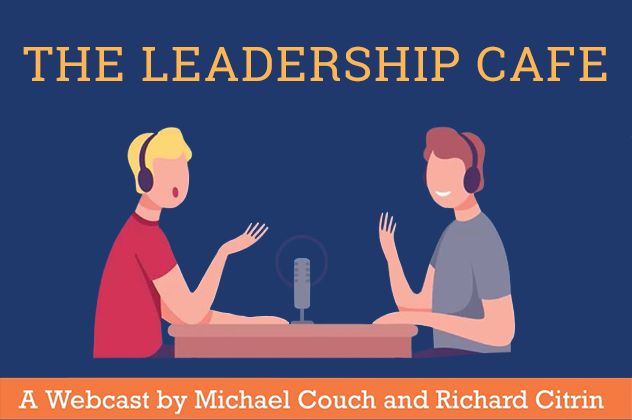important skills that are used every day in our work settings. My primary concern is about the fact that many senior business leaders continue to think of “hard skills” as being those that drive business success while the other skills are nice to have and help people feel better in the workplace. Soft skills, as a result have always taken a back seat to these other skills that were always seen as more important to job success, which we now know is not true.
In Strategy Driven Leadership, my new book co-authored with Michael Couch (available for pre-ordering on Amazon) we suggest that these skills should be called the essential skills because just calling them people skills, as many people suggest, misses the fact that they are far more comprehensive in their importance than just about dealing with people.
I came across a fascinating blog by Joe Wright who is a software development coach who researched the origins of the term “soft skills” and discovered that the use of this phrase was first confirmed at a military conference in 1972, although it seems as if the phrase was probably coined earlier, given the way it was referenced at the conference.
At the meeting, which was designed to improve the military’s use of “soft skills,” and how they trained soldiers in developing them, they first defined their terms with soft skills relating to such as decision making, problem solving and peer relationships and hard skills relating to anything dealing with machines or hard objects.
Over the course of 2 days and as is detailed in the 125-page report, the discussants shared ideas about how to bring these skills into play in different military settings, looking for standards and methods for training which were reported in sub-committee reports where various groups reported on how they develop these soft skills ranging from the Ordnance School to the Chaplaincy College.
Among some of the interesting conclusions was to stop using the terms “soft and hard skills” and instead think of them as aligning as competencies, which is how current leadership development thought leaders approach this problem.
You can read more about these ideas in our book and if you want a sample chapter, drop me your email address to [email protected]and I’ll get it over to you.
In the meantime, start calling them the “essential skills” and see how you get a second look from everyone around you. That will start to make you a thought leader!]]>
dealing with people.
I came across a fascinating blog by Joe Wright who is a software development coach who researched the origins of the term “soft skills” and discovered that the use of this phrase was first confirmed at a military conference in 1972, although it seems as if the phrase was probably coined earlier, given the way it was referenced at the conference.
At the meeting, which was designed to improve the military’s use of “soft skills,” and how they trained soldiers in developing them, they first defined their terms with soft skills relating to such as decision making, problem solving and peer relationships and hard skills relating to anything dealing with machines or hard objects.
Over the course of 2 days and as is detailed in the 125-page report, the discussants shared ideas about how to bring these skills into play in different military settings, looking for standards and methods for training which were reported in sub-committee reports where various groups reported on how they develop these soft skills ranging from the Ordnance School to the Chaplaincy College.
Among some of the interesting conclusions was to stop using the terms “soft and hard skills” and instead think of them as aligning as competencies, which is how current leadership development thought leaders approach this problem.
You can read more about these ideas in our book and if you want a sample chapter, drop me your email address to [email protected]and I’ll get it over to you.
In the meantime, start calling them the “essential skills” and see how you get a second look from everyone around you. That will start to make you a thought leader!]]>
